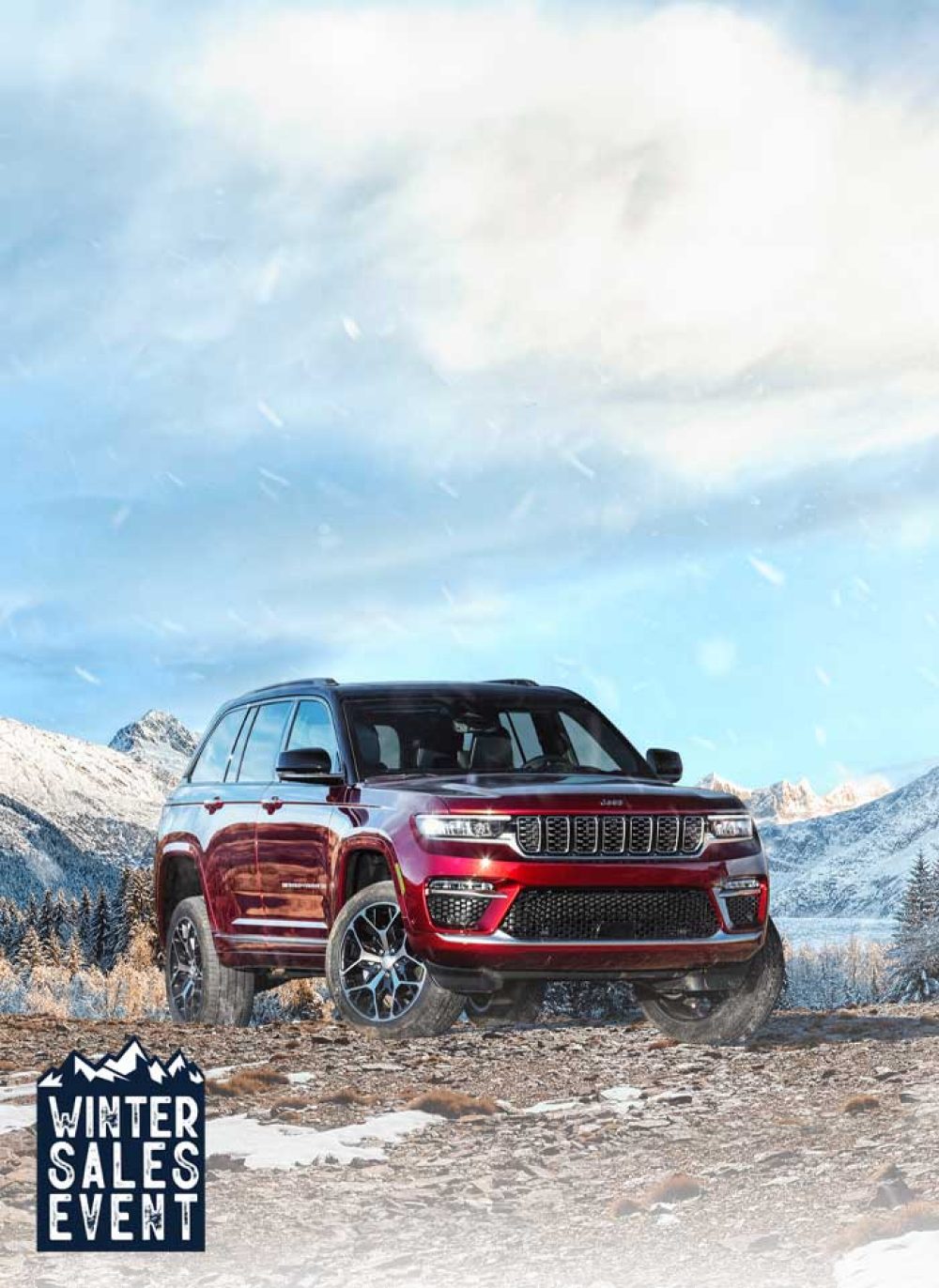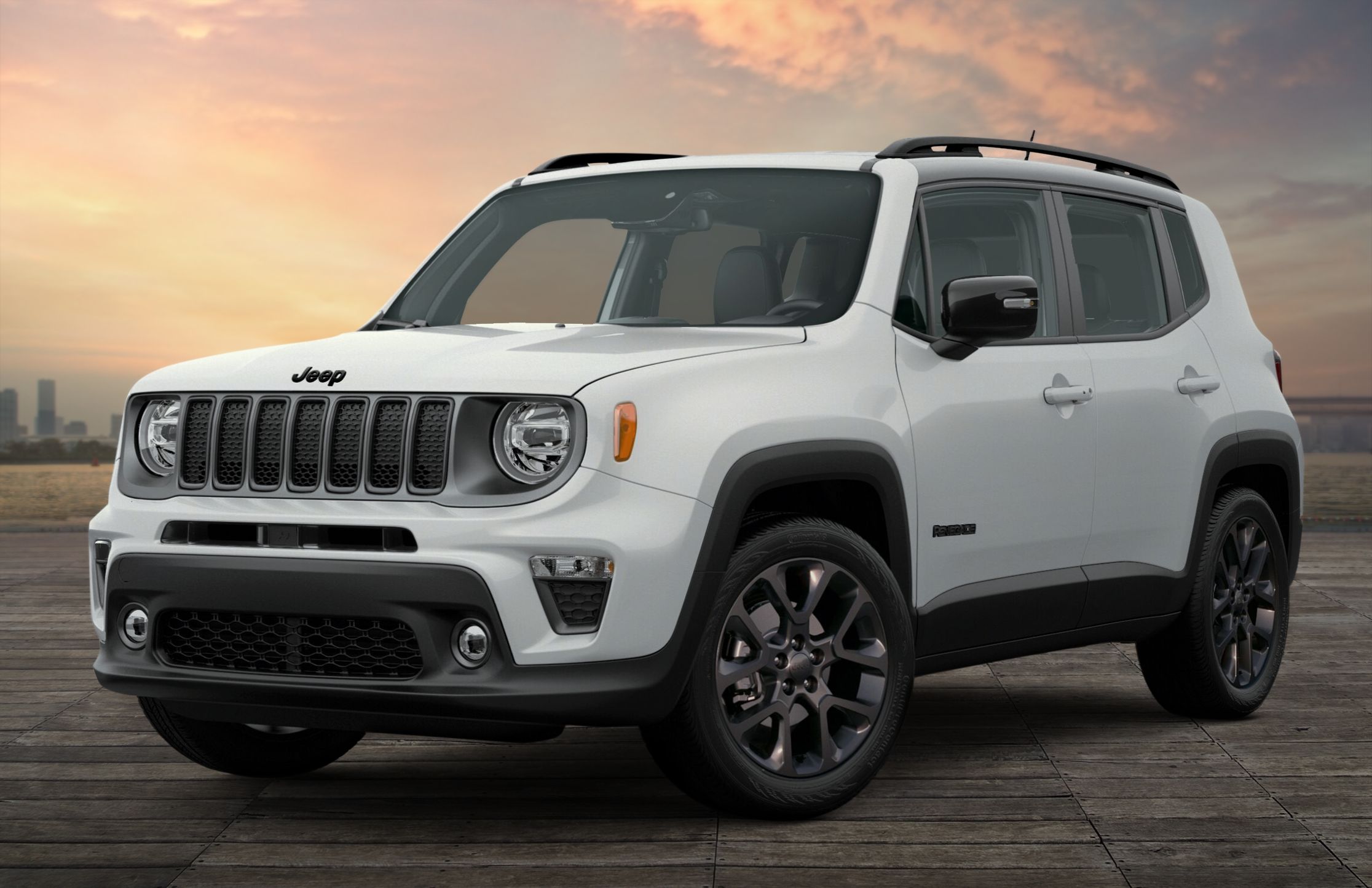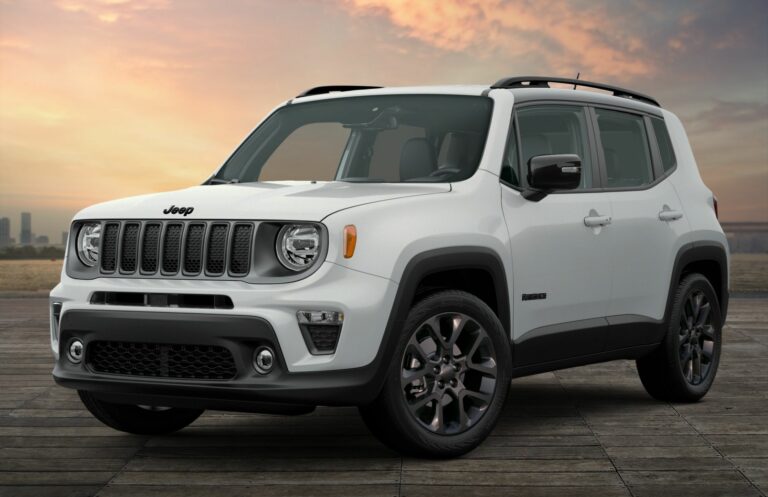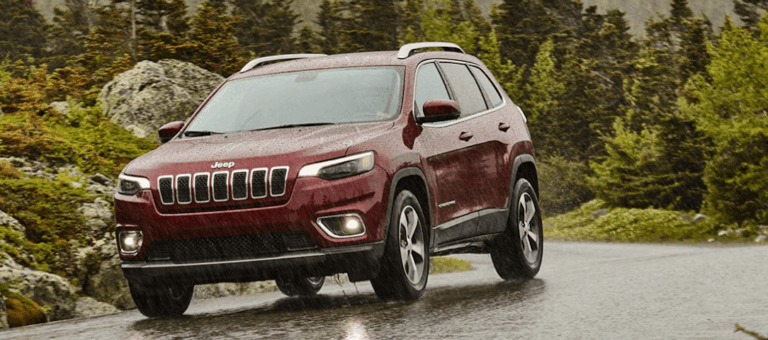Jeep 360 Engine For Sale: A Comprehensive Buyer’s Guide
Jeep 360 Engine For Sale: A Comprehensive Buyer’s Guide jeeps.truckstrend.com
The roar of a classic V8 engine, the unmistakable silhouette of a vintage Jeep tackling challenging terrain – for many enthusiasts, these images are synonymous with the legendary AMC 360 V8. Powering a host of iconic Jeeps from the rugged CJ series to the luxurious Grand Wagoneer and robust J-series trucks, the AMC 360 (American Motors Corporation 360 cubic inch) has carved out a unique place in automotive history. Renowned for its robust torque delivery, straightforward design, and impressive durability, this engine remains a highly sought-after component for restorations, engine swaps, and general replacements for classic Jeep models.
This comprehensive guide is designed for anyone considering a "Jeep 360 engine for sale." Whether you’re breathing new life into a cherished family heirloom, upgrading a classic off-roader, or simply in need of a reliable replacement, understanding the nuances of acquiring one of these engines is crucial. We’ll delve into everything from its historical significance and types available to where to find them, what to look for, and how to navigate the purchasing process successfully.
Jeep 360 Engine For Sale: A Comprehensive Buyer’s Guide
The Enduring Appeal of the AMC 360 V8 in Jeeps
Born from the AMC V8 family, the 360 cubic inch (5.9L) engine was a workhorse for American Motors, finding its way into various passenger cars and, most notably, a wide range of Jeep vehicles from the early 1970s through the mid-1980s. Its widespread application included:
- Jeep CJ Series (CJ-5, CJ-7, CJ-8 Scrambler): Providing a significant power upgrade over inline-six options, making these iconic off-roaders even more capable.
- Jeep Grand Wagoneer (SJ): The luxurious and capable SUV relied on the 360 for its smooth power delivery and towing prowess.
- Jeep J-Series Trucks (J10, J20): These full-size pickups benefited from the 360’s ample torque for hauling and towing.

Key Specifications & Reputation:
The AMC 360 typically featured a bore of 4.08 inches and a stroke of 3.44 inches. Horsepower figures varied widely depending on the year, carburetion, and emissions equipment, ranging from around 120 HP (net) in later, more restricted versions to over 200 HP (gross) in earlier iterations. Its true strength, however, lay in its torque, often exceeding 300 lb-ft at low RPMs, which is ideal for off-roading and heavy-duty use.
Enthusiasts cherish the 360 for several reasons:
- Torque Monster: Its strong low-end torque makes it excellent for crawling and pulling.
- Simplicity & Reliability: A relatively simple pushrod V8 design, making it straightforward to maintain and repair.
- Distinctive Sound: The classic V8 rumble is an auditory treat for any gearhead.
- Rebuildability: With proper care, these engines can be rebuilt multiple times, offering a long service life.

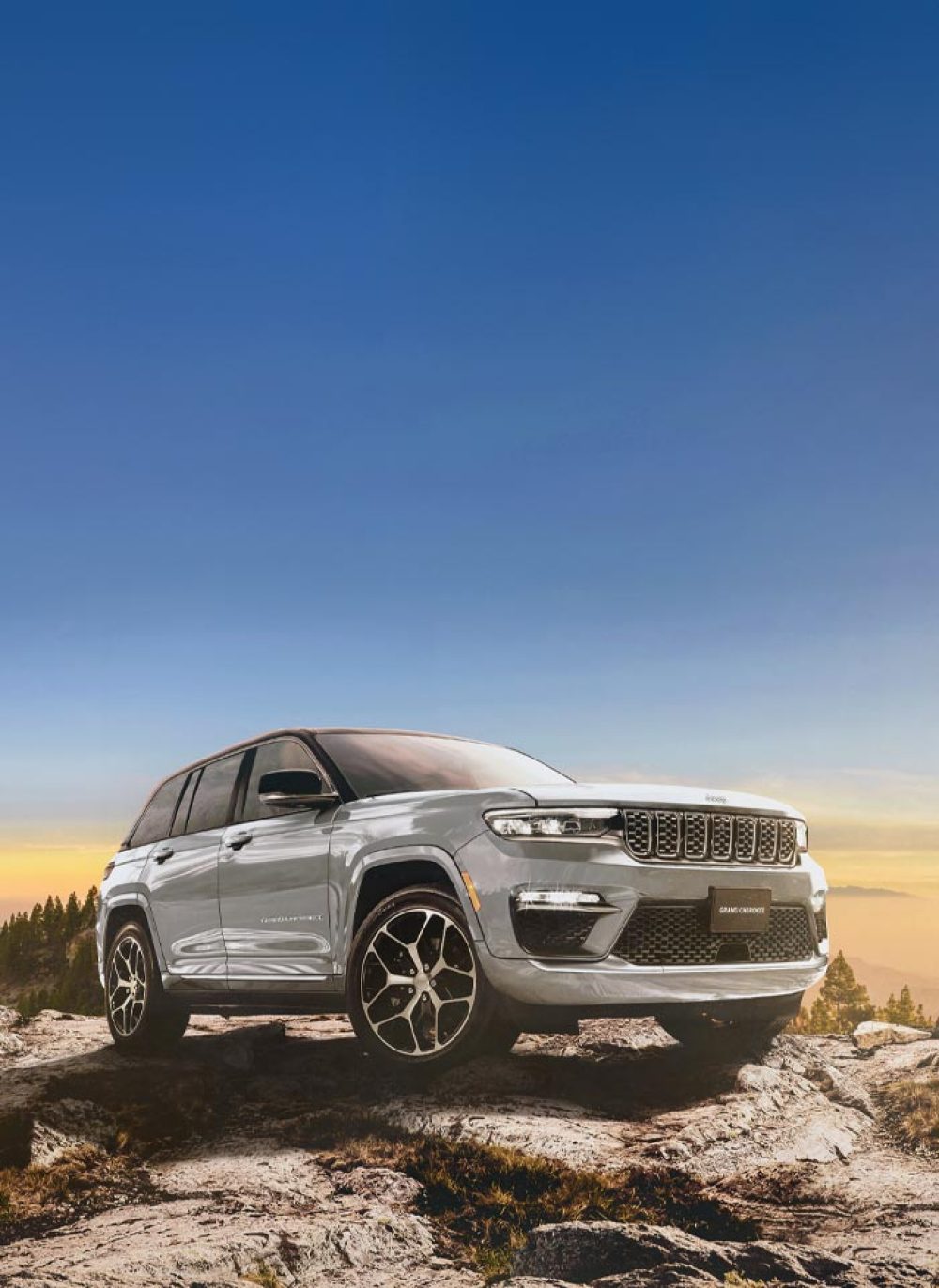
Understanding Your Needs: Why Are You Buying a 360 Engine?
Before you even start looking for a "Jeep 360 engine for sale," it’s vital to clarify your specific purpose. Your objective will dictate the type of engine you seek, your budget, and the level of scrutiny required.
- Restoration: If you’re restoring a period-correct Jeep (e.g., a 1980 Grand Wagoneer or a 1976 CJ-7), you might prioritize an engine with correct casting numbers, original accessories, and a focus on factory specifications. The goal here is authenticity.
- Engine Swap/Upgrade: For those looking to put a 360 into a different vehicle (e.g., a CJ-5 that originally had a smaller engine, or a custom build), you’ll be more concerned with fitment, transmission compatibility, and potentially performance upgrades. You might consider a more modern carburetor or fuel injection system.
- Direct Replacement: If your existing 360 has failed and you simply need a running replacement, your focus will be on finding a compatible engine that drops in with minimal fuss. Reliability and a good running condition are paramount.
- Parts Engine: Sometimes, you might just need specific components (e.g., a crankshaft, cylinder heads, or a block) to rebuild your current engine. In this case, even a non-running or partially disassembled engine might be suitable.
Types of Jeep 360 Engines For Sale
The "Jeep 360 engine for sale" market offers a spectrum of options, each with its own advantages and disadvantages in terms of cost, condition, and reliability.
-
Used/Pulled Engines (As-Is):
- Description: These are engines removed from donor vehicles, often salvaged or decommissioned Jeeps. They come "as-is," with little to no guarantee of internal condition.
- Pros: Generally the cheapest upfront option. Can be a good source for a core to rebuild or for specific parts.
- Cons: Unknown history, mileage, and internal wear. High risk of needing a full rebuild or having significant issues. Requires thorough inspection.
- Where to Find: Salvage yards, private sellers, online classifieds (Craigslist, Facebook Marketplace).
-
Rebuilt/Remanufactured Engines:
- Description: These engines have been disassembled, inspected, had worn components replaced (e.g., pistons, rings, bearings, camshaft), cylinder heads serviced, and blocks machined if necessary. They are typically sold by professional engine builders.
- Pros: Known condition, often comes with a warranty (ranging from 90 days to 3 years), saves time and effort compared to doing it yourself.
- Cons: More expensive than used engines. Quality can vary significantly between rebuilders; choose reputable ones.
- Where to Find: Dedicated engine rebuilders, performance shops, some online auto parts retailers specializing in remanufactured engines.
-
Performance Crate Engines (Custom Builds):
- Description: While less common for the AMC 360 than for Chevy or Ford small blocks, some specialized builders offer custom-built 360s with performance upgrades (e.g., forged internals, upgraded camshafts, ported heads, modern fuel injection compatibility).
- Pros: Best possible condition, higher horsepower and torque potential, modern reliability improvements.
- Cons: Most expensive option by far. Long lead times for custom builds.
- Where to Find: Niche performance engine builders, custom fabrication shops.
Where to Find a Jeep 360 Engine For Sale
Locating a "Jeep 360 engine for sale" requires a targeted approach across various platforms.
-
Online Marketplaces:
- eBay: A vast selection, from used cores to fully rebuilt engines. Be wary of shipping costs and ensure seller reputation.
- Craigslist/Facebook Marketplace: Great for local finds, allowing for in-person inspection and avoiding shipping fees. Use specific search terms like "AMC 360," "Jeep 360 V8," "Grand Wagoneer engine."
- Dedicated Jeep Forums/Groups: Websites like the "IFSJA Forum" (International Full Size Jeep Association), "FSJ Network," or even general off-road forums often have classified sections where members sell parts. These communities can also offer valuable advice.
-
Specialty Salvage Yards: Look for yards that specialize in older vehicles, particularly Jeeps or American Motors vehicles. They often have a better understanding of what they’re selling.
-
Engine Rebuilders & Suppliers: Companies that specialize in remanufacturing engines are a reliable source for rebuilt units. Research local and national options.
-
Local Mechanics & Performance Shops: Many shops that work on vintage vehicles or Jeeps will have connections or even engines on hand. It’s worth asking around.
-
Word of Mouth/Jeep Clubs: Attending local car shows, swap meets, or joining a Jeep club can open doors to finding engines through personal connections.
Crucial Considerations Before Buying
Purchasing a "Jeep 360 engine for sale," especially a used one, involves significant due diligence.
-
Condition Assessment:
- Visual Inspection: Look for cracks in the block or heads, excessive rust, signs of major leaks (oil, coolant), or evidence of external damage. Check for missing accessories or sensors.
- Oil Condition: If possible, check the oil. Milky oil indicates coolant contamination; very dark, sludgy oil suggests poor maintenance.
- Spin the Engine: If it’s out of the vehicle, try to turn the crankshaft by hand (using a breaker bar on the crank bolt). It should turn smoothly without binding. This indicates the engine isn’t seized.
- Compression Test (if in vehicle): The best indicator of internal health. Low or uneven compression across cylinders points to worn rings, valves, or head gasket issues.
- Mileage: Often unreliable for old engines, as odometers may have rolled over or been replaced. Take it with a grain of salt.
-
Provenance/History: Ask the seller where the engine came from. Was it running when pulled? Why was it removed? How long has it been sitting? The more history you can gather, the better.
-
Completeness: Understand what you’re buying. Is it a bare long block (block, heads, crankshaft, pistons)? A short block (no heads)? Or a complete engine with intake manifold, carburetor, distributor, and accessories (alternator, power steering pump, AC compressor)? The more complete, the higher the price, but it might save you hassle later.
-
Price vs. Value: The cheapest engine might end up costing you more in the long run if it requires extensive repairs or a full rebuild. Factor in the potential cost of a rebuild when evaluating a used engine.
-
Shipping & Logistics: Engines are heavy. Get clear quotes for freight shipping if buying remotely. Local pickup is always preferred if feasible.
-
Warranty: For rebuilt or remanufactured engines, a warranty is non-negotiable. Understand its terms, duration, and what it covers.
-
Compatibility: While all AMC 360s are largely similar, there can be minor differences over the years, particularly with accessory mounts, bell housing patterns (though most will be the AMC pattern), and external balance (late 360s used external balance). Verify compatibility with your transmission and vehicle.
Tips for a Successful Purchase
- Be Patient: A good AMC 360 engine for sale doesn’t appear every day. Don’t rush into a purchase.
- Ask Detailed Questions: Don’t hesitate to ask about the engine’s history, condition, and what’s included.
- Request Photos/Videos: If buying remotely, ask for detailed photos from all angles, including specific areas you’re concerned about (e.g., casting numbers, oil pan, cylinder heads). A video of it running (if still in the vehicle) is gold.
- Get a Written Agreement: Especially for rebuilt engines, ensure all terms, warranty details, and what’s included are in writing.
- Consider a Pre-Purchase Inspection: If buying locally and the engine is still in a running vehicle, consider paying a trusted mechanic to perform a pre-purchase inspection and compression test.
- Budget for Ancillary Components: Even with a good engine, you’ll likely need new gaskets, fluids, potentially a new carburetor or fuel injection system, ignition components, cooling system parts, and exhaust work. Factor these into your overall budget.
Potential Challenges and Solutions
- Finding a Good Core: Many available 360s are worn out or have sat for decades.
- Solution: Expand your search radius, utilize online communities, and be prepared to pay more for a verified good core.
- High Shipping Costs: Engines are heavy and bulky.
- Solution: Prioritize local pickup. If shipping, get multiple freight quotes and ensure proper crating.
- Unknown Condition/Buying a Lemon: The risk is real with used engines.
- Solution: Thorough inspection (visual, manual spin, compression test if possible). Assume a used engine will need at least a basic refresh (gaskets, seals) and budget for a full rebuild as a contingency.
- Finding Skilled Rebuilders: Not all engine shops have expertise with vintage AMC V8s.
- Solution: Research shops with experience in classic cars or Jeeps. Ask for references and check online reviews.
- Parts Availability: While generally good, some specific AMC 360 parts can be harder to source than for more common engines.
- Solution: Utilize specialized retailers (e.g., BJ’s Off-Road, Summit Racing, Jegs), and consult Jeep forums for parts cross-references.
Jeep 360 Engine For Sale: Estimated Price Table
| Engine Type | Estimated Price Range (USD) | Typical Condition | Key Considerations/What’s Included | Example Sources |
|---|---|---|---|---|
| Used/Pulled (As-Is) | $500 – $1,500 | Unknown; likely requires rebuild/inspection | Bare long block to mostly complete; no warranty; high risk. | Salvage yards, Craigslist, Facebook Marketplace, private sellers |
| Rebuilt/Remanufactured | $2,500 – $4,500+ | Refreshed; new wear parts; tested | Often long block; may include basic accessories; typically 1-3 year warranty. | Professional engine rebuilders, online auto parts stores |
| Performance Crate | $6,000 – $10,000+ | New/upgraded components; dyno-tested | Fully dressed; often includes performance parts (cam, heads); custom-built. | Custom engine builders, niche performance shops |
| Core (for Rebuild) | $200 – $600 | Non-running; suitable for complete rebuild; block OK | Bare block, crankshaft, heads; may be seized or have major issues; purpose-built for total overhaul. | Salvage yards, parts sellers, rebuild shops (selling old cores) |
Note: Prices are estimates and can vary significantly based on location, availability, engine completeness, market demand, and seller.
Frequently Asked Questions (FAQ)
Q: What’s the average lifespan of an AMC 360 engine?
A: With proper maintenance, an AMC 360 can easily last 150,000 to 200,000 miles before needing a major overhaul. Many have gone much further, especially if cared for.
Q: Can I easily swap a 360 into my CJ-7 (or other Jeep) that originally had a smaller engine?
A: Swapping a 360 into a Jeep that didn’t originally come with one (e.g., a 4-cylinder CJ) is a significant project. It requires different engine mounts, transmission bellhousing, cooling system, exhaust, and potentially steering modifications. It’s feasible but requires planning and skill. If your Jeep already had an AMC V8 (like a 304 or 401), swapping a 360 is much simpler.
Q: What are common upgrades for a 360?
A: Popular upgrades include:
- Aftermarket intake manifold and carburetor (or fuel injection system).
- Performance camshaft.
- Headers and improved exhaust.
- Electronic ignition conversion (e.g., HEI or Pertronix).
- Upgraded cylinder heads (if extensively rebuilding).
Q: Are parts still available for the AMC 360?
A: Yes, generally. Common wear items like gaskets, bearings, pistons, rings, and camshafts are readily available from major automotive parts suppliers and specialized Jeep/AMC vendors. Some niche components might require more searching, but overall support is good.
Q: How much does it cost to rebuild a 360?
A: The cost can vary widely depending on what needs to be done. A basic refresh (new gaskets, seals, minor valve work) might be $1,000-$2,000 in parts and labor if you do some of the work yourself. A full, professional rebuild with machining, new pistons, cam, and head work can easily range from $3,000 to $5,000+, not including removal and installation.
Q: What’s the difference between the 360 and the 304/401?
A: All three are part of the AMC V8 family and share many design similarities.
- 304: Smaller displacement (5.0L), less power and torque.
- 360: Mid-range displacement (5.9L), excellent balance of power and torque for most applications.
- 401: Largest displacement (6.6L), most powerful and torquey of the AMC V8s, often considered the holy grail for performance, but also the rarest and most expensive.
The blocks are physically similar, allowing for some interchangeability of parts, but crankshafts, pistons, and bore sizes differ.
Conclusion
The "Jeep 360 engine for sale" market offers a fantastic opportunity to power your classic Jeep project with a truly iconic and capable V8. Its legacy of robust performance and straightforward design continues to make it a popular choice for enthusiasts. By understanding your specific needs, knowing where to look, diligently assessing the condition of any potential purchase, and budgeting for the complete scope of your project, you can successfully acquire an AMC 360 that will serve you faithfully for years to come. With careful research and a bit of patience, the classic rumble of a healthy 360 will soon be echoing from under the hood of your beloved Jeep.
